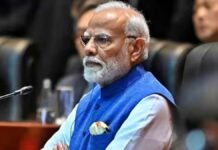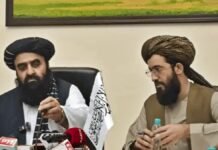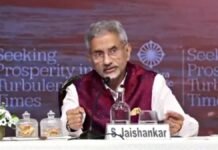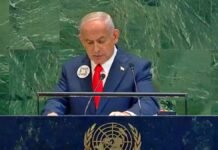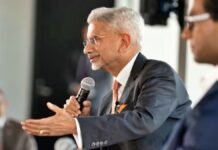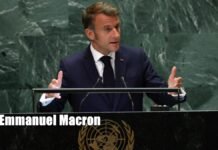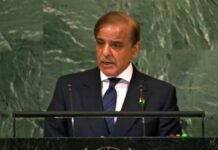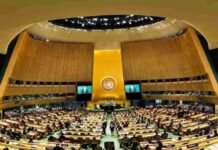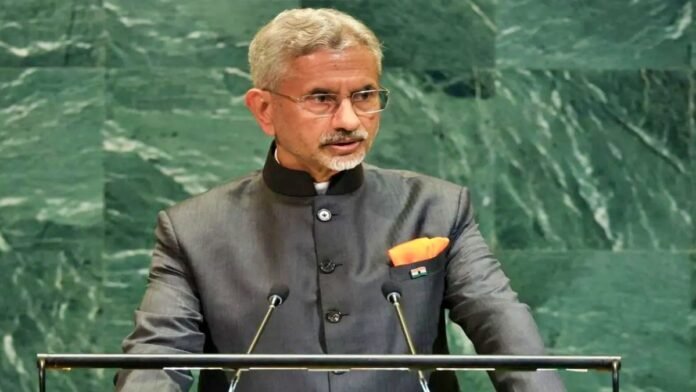
Key Points
- Attack on Pakistan: Jaishankar condemned India’s neighbor as an “epicentre of global terrorism,” stating that for decades, major international terrorist attacks have been traced back to Pakistan.
- UN in Crisis: He declared that the United Nations is in a “state of crisis,” criticizing its inability to build consensus and address global conflicts and development challenges effectively.
- Demand for UNSC Reform: Jaishankar made a strong case for expanding both permanent and non-permanent membership of the UN Security Council, asserting that India is “ready to assume greater responsibilities”.
- India as a Global Leader: He highlighted India’s role in assisting other nations with finance, food, and disaster relief, citing recent aid to Afghanistan and Myanmar, and its contributions to global peacekeeping.
New York: In a powerful address at the 80th session of the United Nations General Assembly, India’s External Affairs Minister S. Jaishankar launched a scathing attack on Pakistan, labeling it an “epicentre of global terrorism,” and called for urgent reforms of a “gridlocked” UN. Referring to India as “Bharat,” Jaishankar positioned the nation as a ready and responsible leader prepared to shoulder greater global responsibilities.
‘Epicentre of Global Terrorism’
In one of the strongest rebukes delivered on the world stage, Jaishankar stated that terror hubs in Pakistan operate on an “industrial scale” and that terrorists are publicly glorified. He emphasized that UN-designated lists of terrorists are “replete with its nationals”. He cited the “cross-border barbarism” in the killing of innocent tourists in Pahalgam in April 2025 as the most recent example, adding that India exercised its right to defend its people by bringing the perpetrators to justice. He called for deeper international cooperation to choke terrorist financing and apply “relentless pressure” on the entire terror ecosystem.
A Call to Reform a ‘Gridlocked’ UN
Jaishankar delivered a stark assessment of the United Nations, declaring it “in a state of crisis”. He pointed to the organization’s gridlock in the face of conflicts in Ukraine and the Middle East, a lack of global solidarity, and slow progress on the Sustainable Development Goals. The minister argued for immediate reform of the UN Security Council to make it truly representative of the contemporary world. “Both permanent and non-permanent membership of the Council must be expanded,” he urged, stating that India stands ready for a larger role in a reformed body.
India’s Role as a Global Contributor
While confronting global threats, Jaishankar also presented India’s vision as a constructive global player. He highlighted India’s extensive development partnership, with over 600 projects in 78 countries, and its role as a first responder during crises. He mentioned India’s emergency aid following earthquakes in Afghanistan and Myanmar and its efforts to ensure maritime security in the northern Arabian Sea. He also touched upon global economic challenges, noting that “de-risking” has become a “growing compulsion” for nations facing tariff volatility and uncertain market access.



































